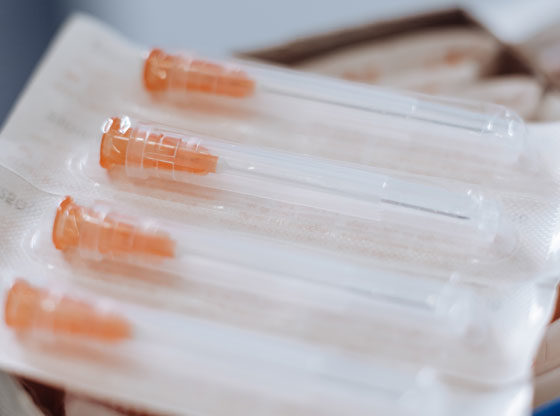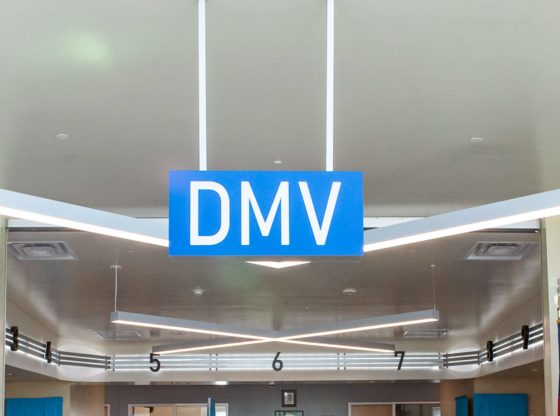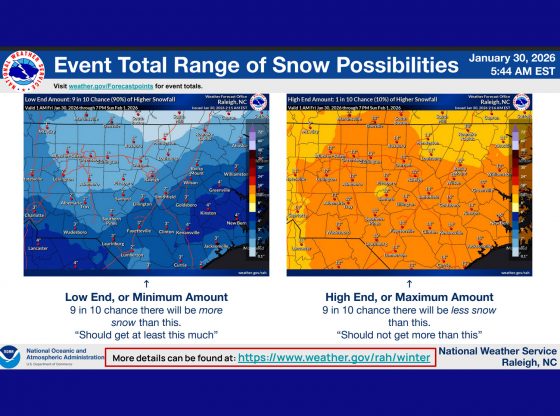The North Carolina Department of Health and Human Services is preparing for COVID-19 vaccine distribution for children under 5 years old and to ensure families across the state have the information they need to access vaccines for their young children. Children are vulnerable to the COVID-19 virus just like everyone else.
A vaccine for children ages 6 months to 5 years could be authorized by the Food and Drug Administration and recommended by the Centers for Disease Control and Prevention as soon as this weekend, and vaccinations in North Carolina could begin the week of June 20.
“We have never stopped working to ensure that vaccines are fast, fair and everywhere for North Carolinians,” said NCDHHS Secretary Kody H. Kinsley. “It is exciting that our best tool against COVID-19 – safe and effective vaccines – could soon be available to our youngest North Carolinians, and because of our preparation, on day one in all 100 counties.”
NCDHHS’ strategy for equitable vaccine distribution ensures vaccines will be available in all 100 North Carolina counties when the vaccine is authorized and recommended. All local health departments will receive vaccine, and more than 300 pediatric offices in North Carolina have enrolled to provide the vaccine and will be receiving shipments from NCDHHS over the next two weeks. Vaccine will also be available in family medicine offices. In addition, vaccines will be available in pharmacies for children 3 years and older.
Statewide communication efforts are also underway to provide families with information about COVID-19 vaccines for children under 5. NCDHHS is prepared to:
Host statewide town halls in both English and Spanish shortly after the potential authorization to educate parents and families;
Launch a digital, broadcast and social media education campaign that features health care providers and families that participated in clinical trials for the vaccine;
Send a postcard to families who have children that may be eligible for the new vaccines;
Add additional resources to the Spring into Summer campaign, which includes more than 280 organizations in more than 60 counties across the state sharing messages around vaccination;
Distribute materials through its Healthier Together partnership, which works with community-based organizations throughout the state to reach historically marginalized communities.
NCDHHS has also done the following to help ensure a smooth rollout:
Launched an “Intent to Vaccinate” survey to gauge providers’ interest in providing vaccine for children under 5;
Opened vaccine order requests early for providers, which allowed NCDHHS to address vaccine deserts/gaps across the state and follow up with targeted outreach and recruitment;
Enrolled 71.9% of Vaccines for Children (VFC) providers in the COVID-19 Vaccine Program, with recruitment ongoing. The VFC program provides federal funding for providers to offer no-cost vaccines to low-income families;
Held biweekly meetings with provider associations to answer questions and assist with enrollment, with meetings ongoing;
Worked with obstetricians/gynecologists around the state to increase awareness and knowledge of the vaccine to reach caregivers of younger children.
“Our youngest residents will have the opportunity to be protected from COVID-19 if the FDA and CDC move forward with authorizing and recommending vaccines,” said Susan Kansagra, M.D., NCDHHS Assistant Secretary for Public Health and State Health Officer. “We know parents are anxiously awaiting this decision, and we are working with providers to be ready to bring the protection of these safe and effective vaccines.”
For more information about how vaccines for children work and where you can find a vaccination appointment nearby, visit MySpot.nc.gov. The North Carolina COVID-19 Vaccine Help Center can also help you make an appointment by calling 888-675-4567. The help center is open 7 a.m.-7 p.m. on weekdays and 8 a.m.-4 p.m. on weekends. Parents and guardians with questions about COVID-19 vaccines can also talk with their child’s health care provider.
Contributed.



















